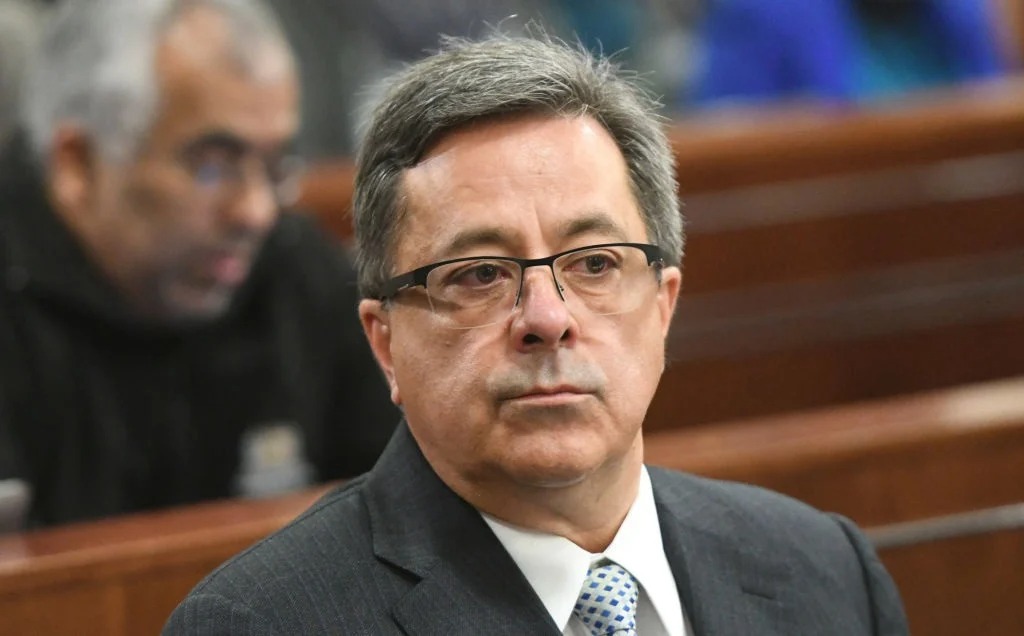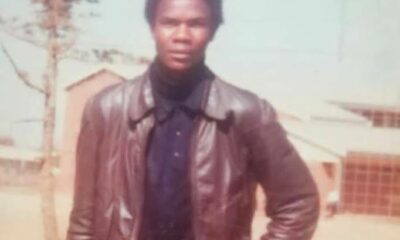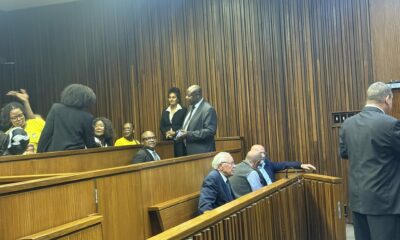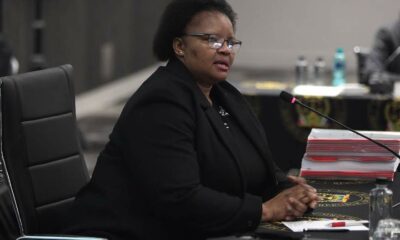Business
Steinhoff Fraud Trial Heads to High Court as South Africa Seeks Justice

It’s been almost a decade since Steinhoff, once a darling of the retail world, collapsed in a whirlwind of scandal and shattered trust. Now, with the case finally shifting to South Africa’s High Court, there’s a glimmer of long-awaited accountability. But for many who lost their pensions, investments, or livelihoods, justice still feels painfully out of reach.
A Case Too Big for the Lower Courts
At the heart of this seismic fraud case are several former top Steinhoff executives, including Stéhan Grobler, who was head of treasury when the company began to crumble. Grobler, along with two other former executives, stood in the Pretoria Specialized Commercial Crimes Court last week. Instead of proceeding, the matter was postponed. Their next appearance is now set for September 3, and by then, the case will be heard in the High Court — South Africa’s venue for high-stakes, complex criminal cases.
That move signals just how intricate and serious this case is. Prosecutors are still tying up loose ends: completing investigations, securing a racketeering certificate, and sifting through new testimony, including an affidavit from key witnesses in Germany that only just arrived.
The finalized charge sheet is expected by June 17. Grobler, meanwhile, remains out on extended bail, maintaining his innocence against charges including racketeering, manipulating financial statements, and three major fraud counts linked to R21 billion in losses.
A Company Built on Ambition, Undone by Deceit
Steinhoff wasn’t just another furniture company. With roots in South Africa and global ambitions, it grew into a multinational retail behemoth, owning brands like Conforama in France and Mattress Firm in the US. Its aggressive expansion was hailed by investors and admired by business circles.
That all came crashing down in December 2017. Auditors refused to sign off on its financials, sparking a collapse that wiped about R230 billion off the Johannesburg Stock Exchange in days. For perspective, that’s enough to fund South Africa’s education budget for a year.
The aftershocks were felt far and wide — from government pension funds and ordinary investors to suppliers and employees who suddenly found themselves in financial freefall.
Secrets, Suicides, and a Scandal Still Unfolding
The case remains one of the most convoluted financial frauds South Africa has ever seen. According to a scathing report from PwC, Steinhoff was involved in at least €6.5 billion worth of irregular transactions over eight years, working with eight different companies to cook the books.
That report, a staggering 7,000 pages long, was only made public six months ago — years after the fact. It provided a roadmap for investigators but also raised questions about why justice has taken so long.
Adding to the tragedy, former CEO Markus Jooste, who had long been at the center of the scandal, died by suicide in March 2024. His death left a void in the courtroom and denied many South Africans the closure they were hoping for.
Ben la Grange, Steinhoff’s former CFO, is the highest-ranking executive to have faced jail time. His plea deal included a condition to testify against Grobler, potentially opening the door for deeper revelations during the upcoming High Court trial.
A Country Watching, A Justice System Under Pressure
South Africa’s prosecutors are under pressure to deliver results. The sheer size and complexity of the Steinhoff fraud, coupled with public anger and economic damage, means that expectations are sky-high.
There’s also a deep wound around the broader issues of corporate accountability. How did this happen? Why did it take so long for red flags to be acted upon? And will those responsible for the country’s biggest corporate fraud actually serve time?
As the legal system gears up for a potentially historic showdown in the High Court, there is cautious optimism. But for many South Africans, that optimism is tempered by years of inaction, corporate spin, and delayed justice.
What Comes Next?
September 3 will likely be the day when a trial date is finally locked in. Prosecutors will present their final charge sheet, backed by international evidence and years of investigative work.
But this isn’t just about three men in suits on trial. It’s about rebuilding public trust in institutions, holding powerful people accountable, and showing that no executive — no matter how rich or well-connected — is above the law.
The Steinhoff case is a test of South Africa’s resolve to fight white-collar crime. As the trial moves to the High Court, citizens must stay engaged, demand transparency, and push for reforms that protect against future corporate scandals. It’s time to ensure that justice is not just a possibility, but a reality.
{Source: MoneyWeb}
Follow Joburg ETC on Facebook, Twitter , TikTok and Instagram
For more News in Johannesburg, visit joburgetc.com



























